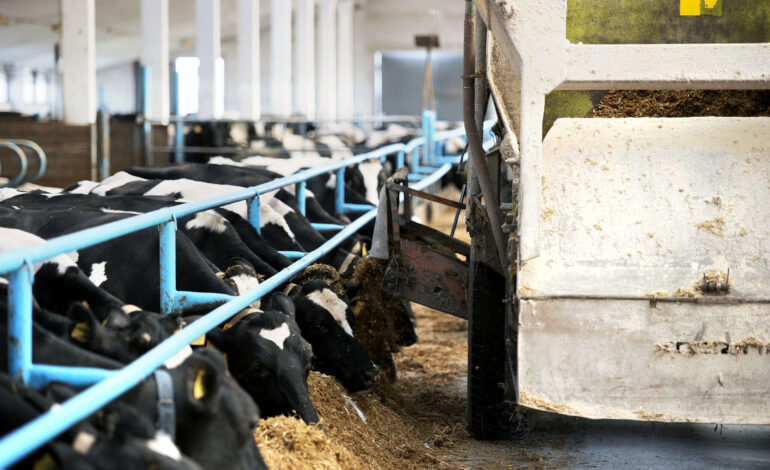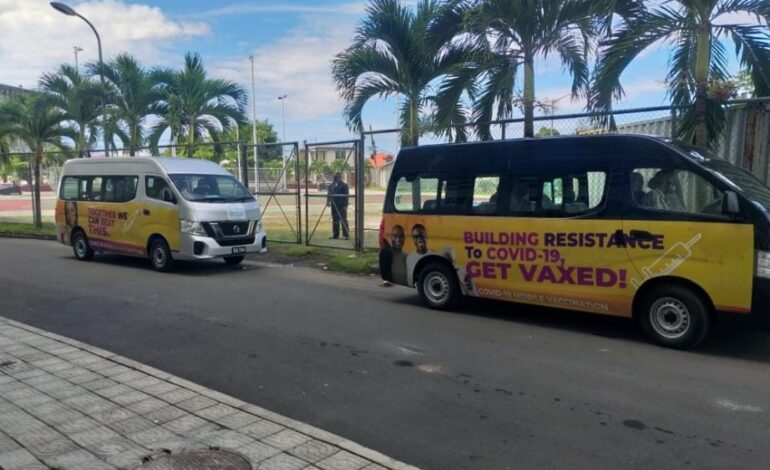
November 16, 2021 – Bridgetown, Barbados – Global efforts to combat threats such as non-communicable diseases (NCD’s) poverty, and climate change are issues of grave concern to governments across the world including the Caribbean. However, there is a lesser known but equally deadly threat which, if left unchecked, could force 24 million people into extreme poverty by the year 2030 and cause 10 million deaths a year by 2050. The “silent tsunami”, a term coined by The World Health Organization (WHO) describes the dangerous threat of Antimicrobial Resistance (AMR).
According to the Food and Agriculture Organization of the United Nations (FAO), AMR is the ability of micro-organisms to persist or grow in the presence of drugs designed to inhibit or kill them. These drugs, called antimicrobials are used to treat infectious diseases caused by microorganisms such as bacteria, fungi, viruses and protozoan parasites.
In the agriculture sector, AMR can have a devastating effect on food systems, livelihoods, and economies. Not only is it harmful to animals, but it can adversely impact food production for human consumption, food security and the livelihood of farmers. Therefore, prudent use of AMR is recommended so as not to harm animals and to protect the livelihoods of those who depend on them.
Furthermore, according to FAO, not only do animals harbor harmful AMR pathogens, several foodborne disease outbreaks in meat, poultry, seafood and fruits and vegetables have been caused by pathogens that became resistant to antimicrobials. Improved food hygiene and sanitation is critical at preventing these dangerous pathogens from contaminating the food we eat.
Over the last two decades there have been increasing global efforts to spread awareness about AMR and to curb the risk it poses. At a global level, this has been spear-headed by a multi-agency collaborative platform involving FAO, World Organisation for Animal Health (OIE) and WHO, the tripartite, which FAO presently leads and more recently, the United Nations Environment Programme (UNEP). Despite this, the general public awareness is too low and, in many countries, commitment to working on sustainable solutions is weak.
In her capacity as Co-chair of the One Health Global Leaders Group on Antimicrobial Resistance, Prime Minister of Barbados, The Honorable Mia Mottley described AMR as a “Slow motion pandemic that threatens to reverse a century of medical progress”. Although antimicrobial resistance is a natural occurrence which happens over time through genetic exchange and mutations, of great concern to experts and advocates is the indiscriminate use of antimicrobials when tending to human, animals and plant health. This casual and excessive use of antimicrobials has accelerated the emergence of drug resistant pathogens in both human health care and the agriculture sector. Prime Minister Mottley noted that, “From hospitals and homes, to farms and factories, the misuse and the overuse of antimicrobial agents together with unsanitary living and working conditions threaten a wave of drug resistance and resistant infections that imperil humans, animal, our food supply, our commerce and our environment”.
Renata Clarke, Sub-regional Coordinator at FAO stated, “Some other experts point to the fact that several tools have been developed to combat and address AMR challenges in governance, surveillance, communication, among others. However, they need to be adopted more broadly and adapting them to the local situation”.
She highlighted two of the organization’s tools – FAO Assessment Tool for Laboratories and AMR Surveillance Systems for assessing and defining targets to improve national AMR surveillance systems in the food and agriculture sectors, while the FAO Progressive Management Pathway for Antimicrobial Resistance serves as a guide to help member states put their National Action Plan into action.
Clarke also highlighted the collaborative work with WHO in producing two short informative videos to raise awareness and sensitize the public on AMR –
https://www.youtube.com/watch?v=p5Our3XfY7M VIDEO 1
https://www.youtube.com/watch?v=k2xD3nGSY6E&t=4s VIDEO 2
Meanwhile, Margarita Corrales, Food Safety Coordinator, PANAFTOSA-VPH-PAHO stressed that, “Not every country or region shares the same challenges regarding antimicrobial resistance, but all need to implement an integrated surveillance system including the health, agriculture and the environment sectors to make evidence-based decisions”.
FAO recently hosted a meeting for its member countries permanent representatives to launch the new FAO Action plan on AMR and One Health and to introduce the tripartite multi-stakeholder platform. More information on the platform tailored for the Caribbean will be forthcoming in the coming weeks.




